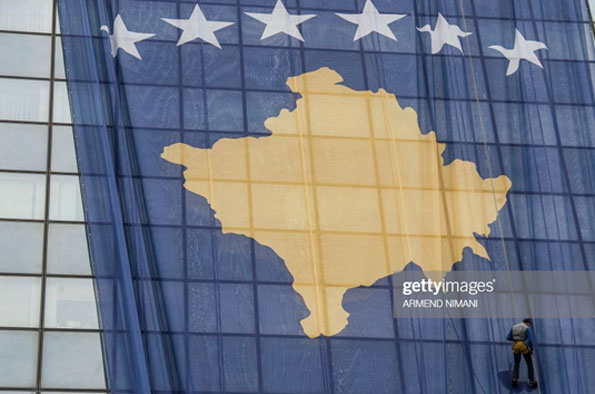
Lessons from Kosovo 20 years on
- Birte Gippert
- Admission: Admission is free, please register here.
Add this event to my calendar
Click on "Create a calendar file" and your browser will download a .ics file for this event.
Microsoft Outlook: Download the file, double-click it to open it in Outlook, then click on "Save & Close" to save it to your calendar. If that doesn't work go into Outlook, click on the File tab, then on Open & Export, then Open Calendar. Select your .ics file then click on "Save & Close".
Google Calendar: download the file, then go into your calendar. On the left where it says "Other calendars" click on the arrow icon and then click on Import calendar. Click on Browse and select the .ics file, then click on Import.
Apple Calendar: The file may open automatically with an option to save it to your calendar. If not, download the file, then you can either drag it to Calendar or import the file by going to File >Import > Import and choosing the .ics file.
International Intervention 2.0? Lessons from Kosovo 20 years on
NATO’s decision to intervene militarily in the unfolding civil conflict in Kosovo on 24th March 1999, had intended and unintended consequences.
This intervention has, in many ways, been argued to have set a precedent, one of multiple unintended consequences.
Russia used the Kosovo case to justify its military interventions in the Georgian provinces of South Ossetia and Abkhazia and the debates surrounding the Responsibility to Protect (R2P) have actively drawn on the example of Kosovo. For Kosovo itself, the intervention meant international administration by the UN, limited and still contested statehood.
This lecture and following roundtable, comprised of international, regional, and local experts, discusses the relevance of Kosovo as a legal and political precedent for international interventions, the impact the intervention has had on the Western Balkans, and of course on Kosovo itself.
Keynote speaker: Prof Dominik Zaum - University of Reading
Roundtable experts: Prof Erika Harris, Mr Mate Subasic, Dr Birte Gippert – University of Liverpool
The event will be followed by a wine reception for all.
